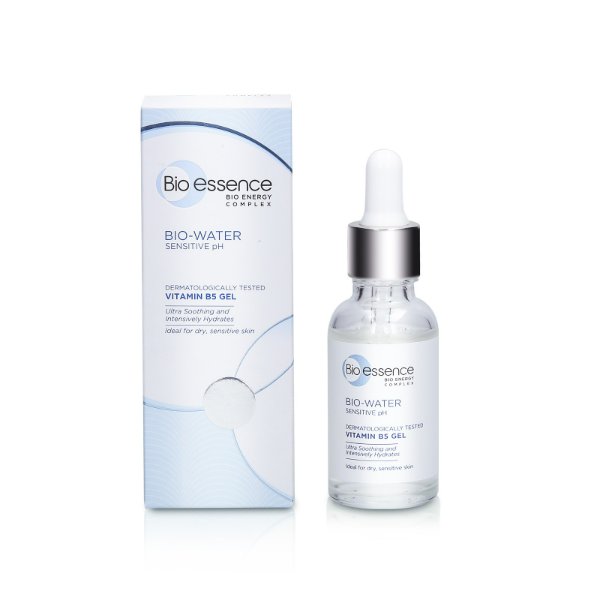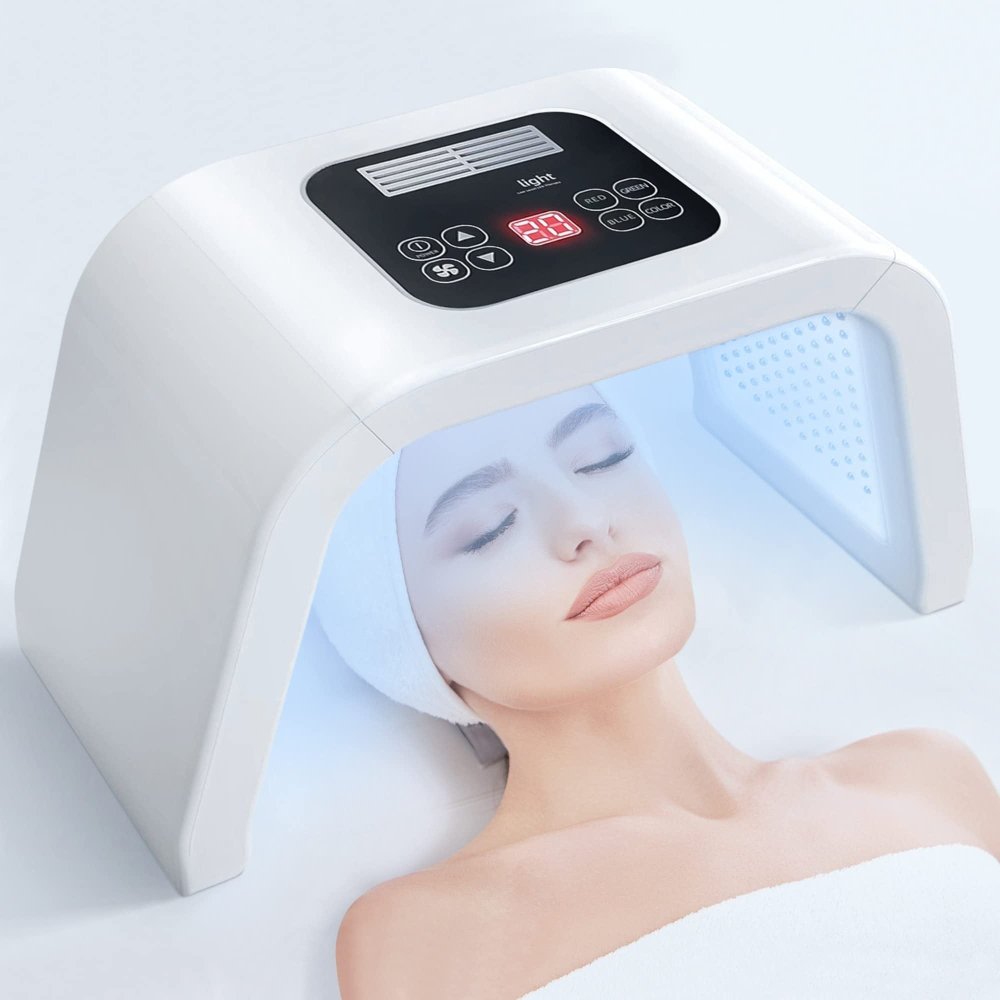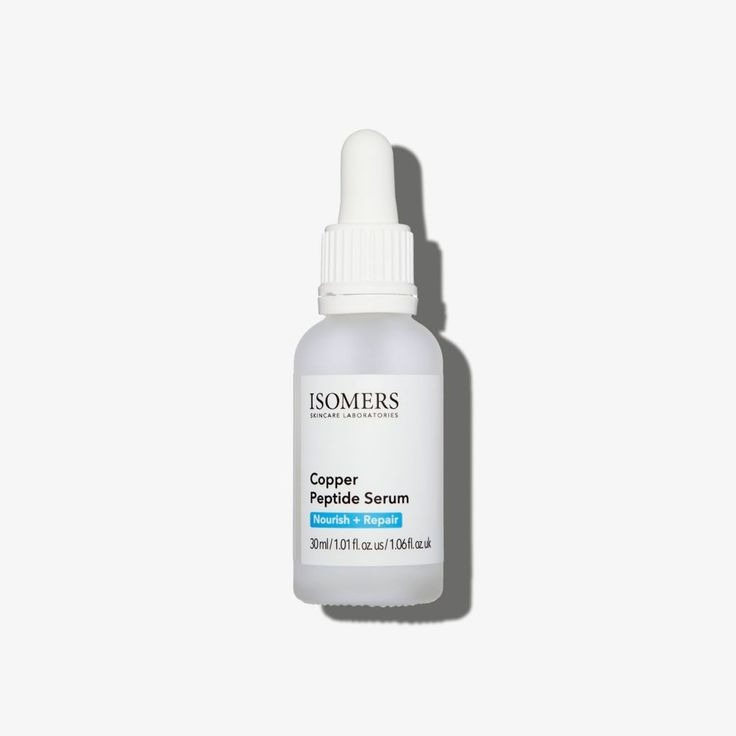The Rise of Personalized Skin Care Regimens
In recent years, personalized skin care has become a leading trend. This movement caters to unique skin needs and lifestyles of individuals. The concept is simple yet profound: no two skins are the same, hence no single product line can meet everyone’s needs.
Personalization starts with thorough skin analysis. Advances in technology now allow for detailed assessments of skin types. Brands are leveraging AI and machine learning to analyze skin and provide targeted regimens. These custom solutions can address issues like hydration, aging, or sensitivity more effectively.
Customers are showing a preference for brands that offer personalized services. Companies are responding by giving them a hand in crafting their aesthetic skin care routines. Elements like online quizzes or in-store consultations gather information about the users. Experts weigh in on this data to create tailored regimens for each customer.
The impact of personalized aesthetic skin care is clear. It ensures each person gets exactly what their skin needs. This trend doesn’t just enhance results; it makes every user feel seen and valued. As we look to the future, personalized skin care will likely blend scientific innovation with a nuanced understanding of individual beauty. It’s a winning recipe for skin health and customer satisfaction.

Incorporating Technology in Skin Care Analysis
The integration of technology into aesthetic skin care marks a major leap forward. High-tech tools and advanced software bring a new depth to skin care analysis. Now, companies leverage cutting-edge gadgets to deeply evaluate skin health. These tools may include digital imaging, skin sensors, and hydration monitors. They deliver precise measurements of skin moisture, elasticity, and pigmentation.
Smart devices can also track changes in the skin over time. This provides valuable data that shapes future skin care approaches. The use of AI is not restricted to analysis alone. It helps in crafting regimens that evolve with the user’s skin condition.
Personalized products become even more effective with technology. Imagine serums and creams formulated on the spot, based on real-time data. Skincare has shifted from one-size-fits-all to a custom experience. Tech tools help in decoding the unique language of each person’s skin. By doing so, they ensure that aesthetic skin care becomes more precise, personal, and powerful.
This tech-driven trend is not only innovative but also engaging for users. Skin analysis becomes an interactive experience. People can see their skin data and understand how products will benefit them. It bridges the gap between personal care and scientific insight. As companies invest more in these technologies, we’re bound to see even greater personalization in aesthetic skin care.
Natural and Organic Products Domination
The demand for natural and organic products in aesthetic skin care is skyrocketing. Consumers are increasingly choosing options that are not only effective but also safe and free from harmful chemicals. This shift towards natural and organic ingredients reflects a growing awareness about health and environmental impact. As a major trend, such products are dominating the industry, appealing to those who value purity in their skin care regimen.
Consumers are examining labels more closely than ever, seeking products with recognisable and pronounceable ingredients. Transparency in ingredient sourcing has become key. Brands committed to pure, earth-derived components are thriving. They’re often infused with botanical extracts, essential oils, and organic compounds known for their gentle yet potent skin benefits.
The buzzwords in this category are ‘clean beauty’, ‘eco-friendly’, and ‘sustainable’. Products are not just gauged by their ability to improve skin appearance but also by their ecological footprint. The fusion of aesthetic appeal with ethical production practices is winning the market.
Another factor fueling the rise of natural and organic aesthetic skin care is the avoidance of synthetic additives. Parabens, phthalates, and synthetic fragrances, often linked to health concerns, are being shunned. Instead, customers are turning to items with natural preservatives and scent profiles.
As we journey into 2025, the domination of natural and organic products in aesthetic skin care is a clear indicator of where consumer values lie. It’s a trend that shows promise for the health of our skin and our planet alike.

Innovations in Non-Invasive Treatments
The world of aesthetic skin care has seen a significant shift towards non-invasive treatments. This trend aligns with the preference for minimal downtime and lower risk of complications. As we head into 2025, the advancements in this sphere are truly remarkable. Here’s a look at the innovations revolutionizing the way we approach skin care.
Firstly, high-intensity focused ultrasound (HIFU) is gaining popularity. This method tightens and lifts the skin without surgery. Clients can get noticeable results with a few short sessions. Radiofrequency treatments are also on the rise. These stimulate collagen production to firm and smooth the skin. The best part? Both treatments have little to no recovery time.
LED light therapy has evolved as well. These treatments use specific wavelengths of light to target skin issues. They fight acne, reduce inflammation, and promote anti-aging effects. Micro-needling, too, has advanced. It now pairs with serums and healing gels for enhanced skin rejuvenation. The process triggers the skin?€?s natural healing and helps in reducing scars and wrinkles.
Lastly, cryolipolysis is a standout example. This technique freezes and breaks down fat cells. It’s an option for those looking to contour their body without invasive surgery.
Consumers are thrilled with these innovations. They offer safer, quicker, and more effective solutions. People can improve their skin without the stress of traditional surgical methods. As this trend progresses, we can expect even more groundbreaking developments. These will make aesthetic skin care more accessible and convenient for all.
The Role of Nutrition in Aesthetic Skin Care
In aesthetic skin care, nutrition plays a key role. What we eat directly affects skin’s health and appearance. People now realize that topical products aren’t the only answer. A balanced diet rich in vitamins and minerals can work wonders.
Foods packed with antioxidants are essential. Antioxidants fight free radicals, known to damage skin. Think berries, nuts, and green leafy vegetables. They can help keep the skin looking young and vibrant. Omega-3 fatty acids are also important. They are in fish like salmon and plant sources like flaxseeds. Omega-3s support the skin’s barrier function, which keeps moisture in and irritants out.
Hydration is another crucial element. Drinking plenty of water keeps the skin plump and elastic. It’s not just about fewer wrinkles. Well-hydrated skin is less prone to issues like dullness and flaking. Other key nutrients include Vitamin C and E. They support collagen production and protect against ultraviolet (UV) damage. One can find them in citrus fruits, almonds, and sunflower seeds.
Nutrition’s impact on skin is so strong that some aesthetic brands now offer supplements. These aim to boost skin health from the inside. It shows a shift towards a holistic approach to skin care.
As we focus on 2025, expect to see more emphasis on diet in aesthetic skin care strategies. People want healthy skin, and they’re learning it starts on their plate. The link between good food and glowing skin is undeniable. We are what we eat, and our skin proves it.

Embracing Diversity in Skin Care Solutions
The beauty industry’s approach to aesthetic skin care is evolving. It now highlights diversity in its products and treatments. Skin care solutions are no longer one-size-fits-all. They aim to meet the unique needs of diverse skin tones, types, and concerns. Here’s how the industry is embracing diversity in 2025.
First, brands are expanding their product ranges. They include shades and formulas suitable for all skin colors. This diversity ensures that people of all ethnicities find products designed for them. Next, there’s a focus on addressing various skin issues. These range from hyperpigmentation in darker skin to sensitivity in lighter tones.
Moreover, companies engage cultural insights to enhance their offerings. They understand different beauty ideals and skin care practices around the world. This knowledge shapes product development and marketing. As a result, aesthetic skin care feels more inclusive and relevant than ever before.
Experts also contribute to this trend. Dermatologists and aestheticians are educating themselves on diverse skin conditions. This knowledge allows them to offer better advice and treatments. Tailored regimens reflect an understanding of genetics and lifestyle factors influencing skin health.
Finally, marketing campaigns celebrate diversity. Brands showcase a spectrum of skin types and ages in their imagery. This move fosters a beauty world where everyone feels represented. Aesthetic skin care in 2025 is not just about products. It’s about embracing and celebrating the uniqueness of each individual.
Sustainability and Ethical Practices in Skin Care
As we forge ahead into 2025, the commitment to sustainability in aesthetic skin care intensifies. Consumers are not just buying products; they’re making choices that echo their values. Let’s dive into how ethical practices are shaping the skin care industry.
Businesses are adopting green manufacturing methods. This means using renewable energy and reducing carbon footprints. Brands are also focusing on recyclable packaging. They choose materials that don’t add to landfills. This shift mirrors a broader societal push towards environmental responsibility.
Another practice gaining momentum is the use of fair trade ingredients. Brands commit to ethical sourcing. This ensures that workers who harvest and produce ingredients get fair wages. Customers feel good knowing their purchases support justice and equity.
Cruelty-free products are a staple. Testing on animals is a big no for the modern consumer. People want guarantees that no harm comes to animals in the making of their skin care essentials.
Transparency is key. Companies are more upfront about their supply chains, production methods, and business ethics. They recognize that customers value honesty when it comes to choosing brands.
In sum, sustainability and ethical actions are not trends but standards for the future of aesthetic skin care. They are crucial for the health of our planet and the well-being of all its inhabitants.
The Future of Sun Care: Beyond UV Protection
As the world of aesthetic skin care evolves, so does the domain of sun care. The year 2025 sees a transformation in how we approach the sun and its impacts on skin health. Sun care no longer merely means blocking out ultraviolet (UV) rays. It now encompasses a broader spectrum of skin protection and repair.
Brands are innovating sun care products that go beyond UV filters. They are integrating antioxidants to neutralize free radicals from sun exposure. They also fortify formulations with DNA repair enzymes to help reverse sun damage. This two-fold approach protects and heals the skin simultaneously.
Moreover, sun care products are becoming more inclusive. They cater to diverse skin types and avoid leaving a white cast on darker skin. This inclusivity encourages more people to use sun protection diligently.
Another advance is the development of sunscreens with benefits like hydration and anti-ageing properties. These multi-purpose products simplify beauty routines while offering broad-spectrum protection.
There’s also a growing trend of using natural mineral sunscreens. These are preferred for their safer environmental profile and potential as reef-safe options. As coral reef conservation gains attention, reef-safe sunscreens grow in popularity.
In summary, sun care in 2025 goes beyond UV protection. It includes products that care for the skin more holistically while catering to a wide audience. At the same time, sun care becomes an environmental consideration. The aesthetic skin care industry responds with solutions that honor both skin health and the planet’s well-being.
